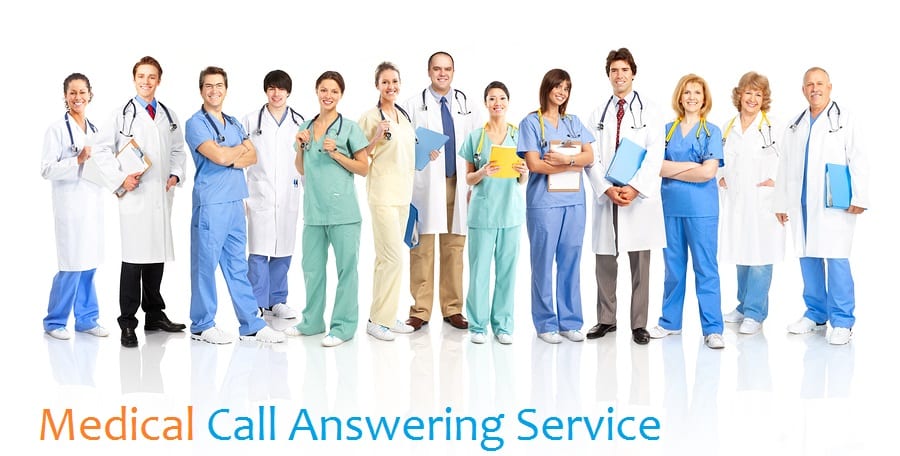
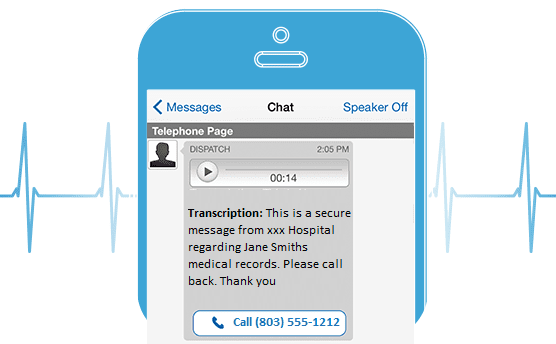
Solutions
For Doctors
For Chiropractors
For Hospitals
For Physicians
For Healthcare
After Hours Support
Call Center Services For The Medical Industry
In healthcare, each call is important. Medical answering services and call center support are important for meeting patient needs quickly and effectively in healthcare call centers. These services improve communication and make operations more efficient with options like live answering and automated systems. Learn how proper call center support can improve patient interactions while following important rules, maintaining both care and safety.
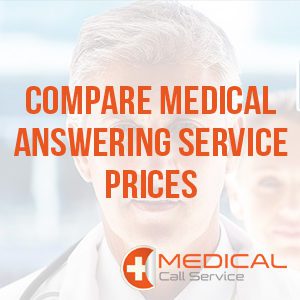
Definition, Purpose, and Telemedicine Services
Medical answering services act as the first point of contact for patients, handling inquiries, appointment scheduling, and emergency responses.
These services make healthcare work better by helping with quick communication. For instance, a medical answering service can manage after-hours calls, allowing practices to operate 24/7 without additional staff.
They can use scheduling tools like Zocdoc, which make it easier to book appointments and send notifications. They often come equipped with HIPAA-compliant systems to safeguard patient information, ensuring data security. Healthcare providers can pay others to handle these tasks, allowing them to concentrate more on caring for patients. This helps improve how patients feel about their care, thanks to quick and effective communication.
Medical Call Center Solutions:
- Hospitals
- Triage
- Ambulance Service
- Nursing Homes
- Hospice
- Nursing Homes
- Pharmaceutical Companies
- Medical Centers
- Family Physicians
Importance in Healthcare
In healthcare, effective communication can significantly improve patient engagement and satisfaction, leading to better health outcomes.
Medical answering services play a critical role in this process. By answering patient calls quickly, they can keep more patients, as data shows retention rates can go up by 20% with timely follow-ups.
Services like eCallLink or AnswerPro make it easy to schedule appointments and offer round-the-clock support, so patients get help right away.
Tools like CallRail help healthcare providers keep track of how patients interact with them, leading to better communication and smoother operations, which enhances the patient experience.
Types of Medical Answering Services

Different types of medical answering services meet various healthcare needs, including round-the-clock help and specialized call handling. If you’re interested in how these services can benefit your practice, you might want to learn more about the benefits that propel your practice forward.
24/7 Live Answering
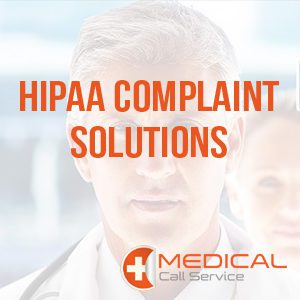 Patients can contact healthcare providers at any time, including emergencies, thanks to the 24/7 live answering services.
Patients can contact healthcare providers at any time, including emergencies, thanks to the 24/7 live answering services.
These services offer quick communication, connecting patients to experienced staff who can evaluate situations and give important information.
For instance, during a health crisis at midnight, a patient can call and receive guidance on next steps, whether it’s scheduling an urgent appointment or directing them to the nearest emergency room.
Technologies like virtual receptionists and call routing systems help answer calls quickly, ensuring no call is missed.
Being available all the time is important for creating trust and helping patients get better, especially in urgent situations.
Automated Answering Systems
Automated answering systems quickly respond to common questions, speeding up processes and reducing waiting times for patients.
These systems use pre-recorded messages and interactive voice response (IVR) technology to manage calls quickly and effectively. Medical offices can use menus that automatically handle tasks like setting appointments, refilling prescriptions, or answering questions about insurance.
Tools such as Grasshopper and RingCentral offer easy-to-use interfaces for creating such systems. In scenarios where patient volume spikes, like flu seasons, these automation tools prevent overload, ensuring patients still receive timely guidance while freeing up staff to handle more complex issues.
Virtual Receptionist Services
Virtual receptionist services offer personalized phone handling and help, working like a regular receptionist but remotely.
These services typically charge on a subscription or per-call basis, offering flexibility for small to medium businesses.
For example, Ruby offers plans starting at $339/month for unlimited calls, ideal for companies needing consistent support. Alternatively, Smith.ai provides a pay-as-you-go option, charging $1.50 per call, which benefits businesses with fluctuating call volumes.
Use cases range from handling incoming inquiries to scheduling appointments, enabling entrepreneurs to focus on core tasks while ensuring professional client communication.
Benefits of Medical Answering Services
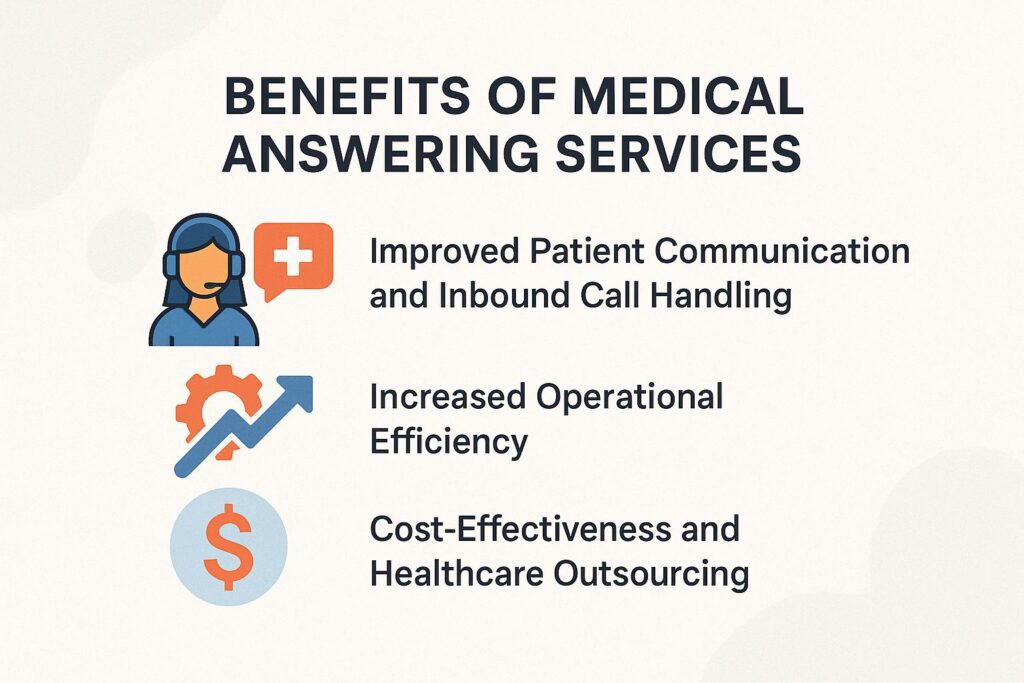
Using medical answering services can greatly improve communication and make healthcare providers’ operations more efficient. This approach has significant implications for operational efficiency-our 7 Benefits of Using a Healthcare Answering Service elaboration demonstrates the practical benefits of implementing these services.
Improved Patient Communication and Inbound Call Handling
Medical answering services improve patient communication by giving quick responses to questions, cutting down wait times.
This improved communication directly correlates with patient satisfaction and retention rates. For example, practices that use services like Answering Service Care or P.A. Answering Service see over 20% more follow-up appointments with patients.
Real-time response capabilities let medical professionals handle concerns quickly, preventing missed chances. Using tools like automatic texting and appointment notifications, practices can simplify communication, ensuring patients feel valued and informed during their care.
Increased Operational Efficiency
 By handling calls effectively, medical answering services free up staff time, allowing healthcare providers to focus on patient care and healthcare administration.
By handling calls effectively, medical answering services free up staff time, allowing healthcare providers to focus on patient care and healthcare administration.
This improves the practice’s performance and raises patient satisfaction.
Services such as Answering Service Care and MedCall Solutions offer features like setting up appointments and renewing prescriptions, simplifying these tasks.
Using a call analytics tool like CallRail can show call volume patterns and busy periods, helping practices manage staffing levels better.
These strategies can cut the average call time by over 30%, enabling more patients to be attended to each day.
Cost-Effectiveness and Healthcare Outsourcing
Outsourcing medical answering services can reduce costs by up to 30% compared to maintaining an in-house team.
This savings comes from a few reasons, like cheaper labor and less overhead.
For instance, managing in-house staff requires salaries, benefits, and equipment-often reaching $60,000 annually per employee. In contrast, using an outsourced service like Smith.ai or Answering Service Care may cost as little as $1 per call, leading to significant financial relief, especially for smaller practices.
Outsourcing can improve patient satisfaction by offering around-the-clock service, which is hard to accomplish with an in-house team.
Key Features of Call Center Support

Key features of medical call center support provide smooth processes and clear communication channels for healthcare providers. If interested, you might want to explore our detailed insights on the Top 10 Medical Call Center Features in 2023 to enhance your understanding of the essential components.
Appointment Scheduling
Services that help set up appointments can greatly decrease missed appointments by quickly sending notifications to patients.
These services often integrate SMS or email notifications that are customizable based on your preferences.
For example, tools like Acuity Scheduling and Calendly let you send alerts 24 hours and 1 hour before the appointment to keep patients informed.
Think about sending notifications to let patients know about their upcoming appointment. This simple step has been shown to decrease no-shows by up to 20%, ensuring a more efficient schedule and better client engagement.
Employ these strategies to keep your appointments running smoothly.
Patient Follow-Up Services
Patient follow-up services provide continuous care by ensuring patients receive essential instructions and support after their appointment.
These services can significantly improve patient health outcomes. For example, using tools like SimplePractice to send follow-up messages can remind patients to stick to their treatment plans or book needed appointments.
Using phone calls or text alerts through services like Twilio increases participation. A successful case involved a cardiology practice that increased medication adherence by 30% simply by implementing regular follow-ups.
Using educational resources about health issues and treatment plans helps people know more and follow advice, resulting in healthier patients.
Emergency Call Handling
Emergency call handling is critical in healthcare, providing immediate support and routing to the appropriate services in urgent situations while following medical answering protocols.
Managing emergency calls well involves going through specific procedures.
- First, call handlers must assess the situation quickly by asking targeted questions, such as the nature of the emergency and the caller’s location.
- For instance, the UK’s NHS provides training that emphasizes using a structured approach called `See, Hear, Do,’ which helps guide operators through the necessary information gathering.
- Case studies show that areas implementing this method have significantly reduced response times, demonstrating its effectiveness in high-pressure scenarios.
- Using software like CAD systems can improve dispatch accuracy and speed.
Technology in Medical Answering Services and Call Center Technology

Technology is crucial for enhancing how well medical answering services operate. As mentioned in our comprehensive guide on top medical call center features, integrating advanced technology can significantly improve efficiency and patient satisfaction.
Cloud-Based Solutions
Cloud-based solutions provide flexibility and scalability, allowing medical answering services to adjust quickly to changing demands.
These solutions significantly lower operational costs by eliminating the need for on-site hardware and maintenance, thus enhancing operational efficiency.
For example, using platforms like RingCentral or AnswerNet can make managing calls easier with their simple interfaces and automatic options.
With cloud technology, staff can access patient information from any location, ensuring timely responses and improved patient satisfaction. Medical triage and after-hours support are critical components of this accessibility, especially in emergencies when immediate details can greatly affect how care is given.
Integration with Electronic Health Records (EHR)
 Integration also supports medical reception capabilities, facilitating seamless patient interactions.
Integration also supports medical reception capabilities, facilitating seamless patient interactions.
Integrating medical answering services with EHR systems enables seamless access to patient information, improving response accuracy and facilitating medical billing inquiries.
For example, systems like Athenahealth and Epic facilitate this integration, allowing for real-time updates on patient records during calls. This makes sure medical staff have the most recent information, which is important during emergencies.
Services like Zocdoc simplify scheduling by using EHR data directly. They improve how patients and doctors communicate and make sure appointment notifications are sent promptly. The benefits are significant: reduced wait times, fewer missed appointments, and improved patient satisfaction.
Setting up these connections improves work processes and encourages teamwork among healthcare providers.
Choosing the Right Service Provider
Choosing the right medical answering service with 24/7 availability and multilingual support is important for maintaining good communication with patients and running your operations smoothly.
Evaluating Experience and Expertise
Assessing a provider’s experience in the healthcare sector can significantly impact the effectiveness of their services.
To evaluate a potential service provider, consider their history in the healthcare industry, specifically how long they have been operating in this niche. Look into their portfolio to see case studies or testimonials from healthcare organizations.
It’s helpful to evaluate their knowledge of healthcare rules, including HIPAA compliance, which is important. For example, a provider familiar with Telehealth solutions shows the ability to adjust to new technologies.
In addition, engage in discussions to gauge their knowledge of current healthcare challenges, ensuring they can tailor their solutions effectively.
Assessing Customer Support and Training
Good customer support and training materials are important for the proper use and ongoing success of medical answering services.
Customer support must be available 24/7 because medical centers may need phone support and call escalation help after regular business hours.
For example, using platforms like Zendesk can simplify handling tickets and help provide fast replies.
Training programs should cover all necessary topics including customer relationship management (CRM) and use tools like webinar sessions for staff education, along with detailed user manuals.
Using practice exercises or role-playing helps workers be better prepared.
Regular follow-ups and feedback after training will help find areas to improve and create a culture of ongoing learning and support.
Regulatory Compliance and Security

Meeting healthcare rules and service agreements is important in this area.
Following regulatory rules is essential in healthcare, especially for medical answering services that manage private patient details. Curious about how these services ensure HIPAA compliance? Our detailed analysis covers the key factors.
HIPAA Compliance
Ensuring HIPAA compliance is critical for any medical answering service, safeguarding patient confidentiality and data integrity through clinical alerts and sentiment analysis.
Key HIPAA regulations affecting medical answering services include the Privacy Rule, which mandates protection of personal health information (PHI), and the Security Rule, which requires safeguards for electronic PHI.
To comply, providers should implement stringent access controls using tools like Docusign for secure digital signatures and encrypted communication platforms such as Signal for confidential conversations.
Regularly training employees on HIPAA standards and carefully checking procedures and technologies ensures compliance and strengthens patient trust.
Data Protection Measures
Putting strong data protection measures in place is necessary to keep patient information safe and maintain trust.
In the healthcare context, two key strategies are encryption and access controls. Encryption safeguards data both at rest and in transit, rendering it unreadable to unauthorized users.
For example, using tools like Symantec Encryption (enterprise-level, $99/user) keeps sensitive medical records safe. Access controls, such as role-based permissions, limit who can view or edit this information.
Implementing solutions like Okta allows for seamless management of user access, enhancing security further. These actions build a strong plan for protecting patient data.
